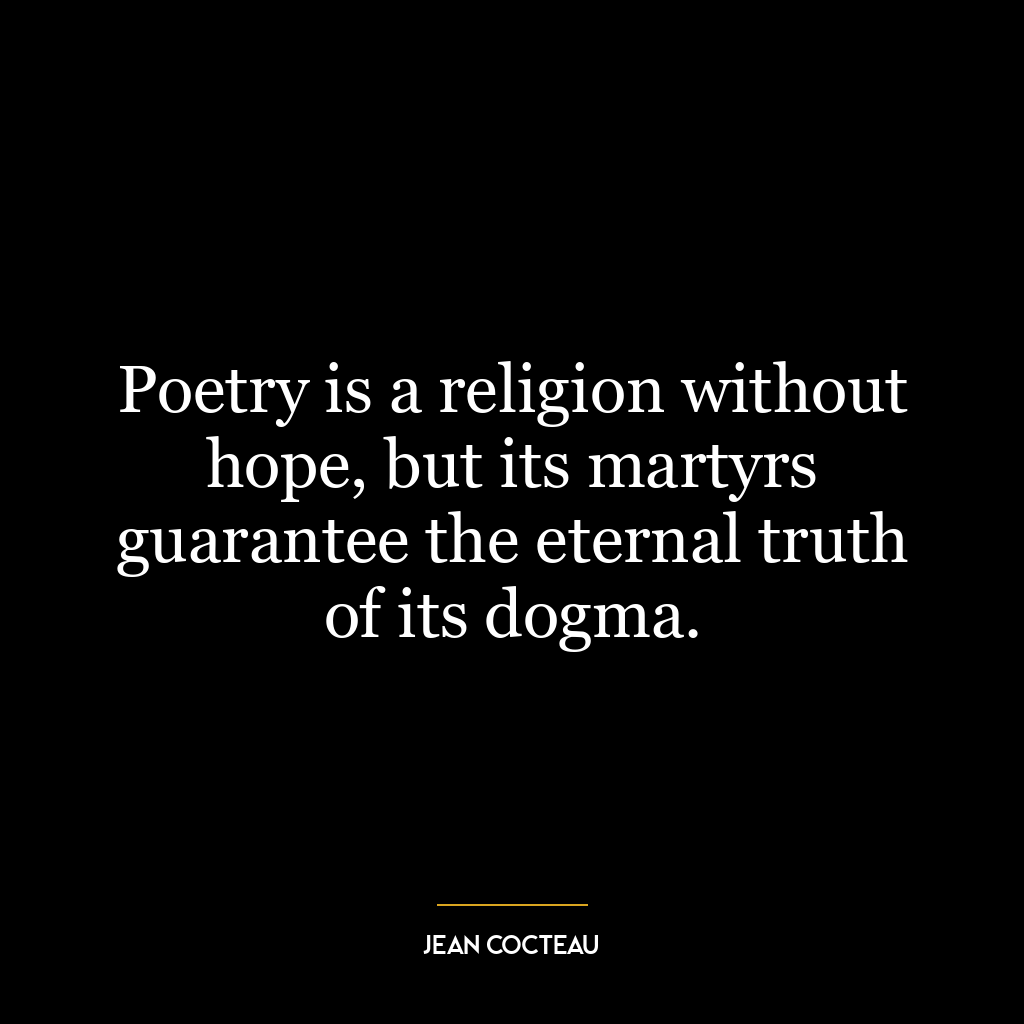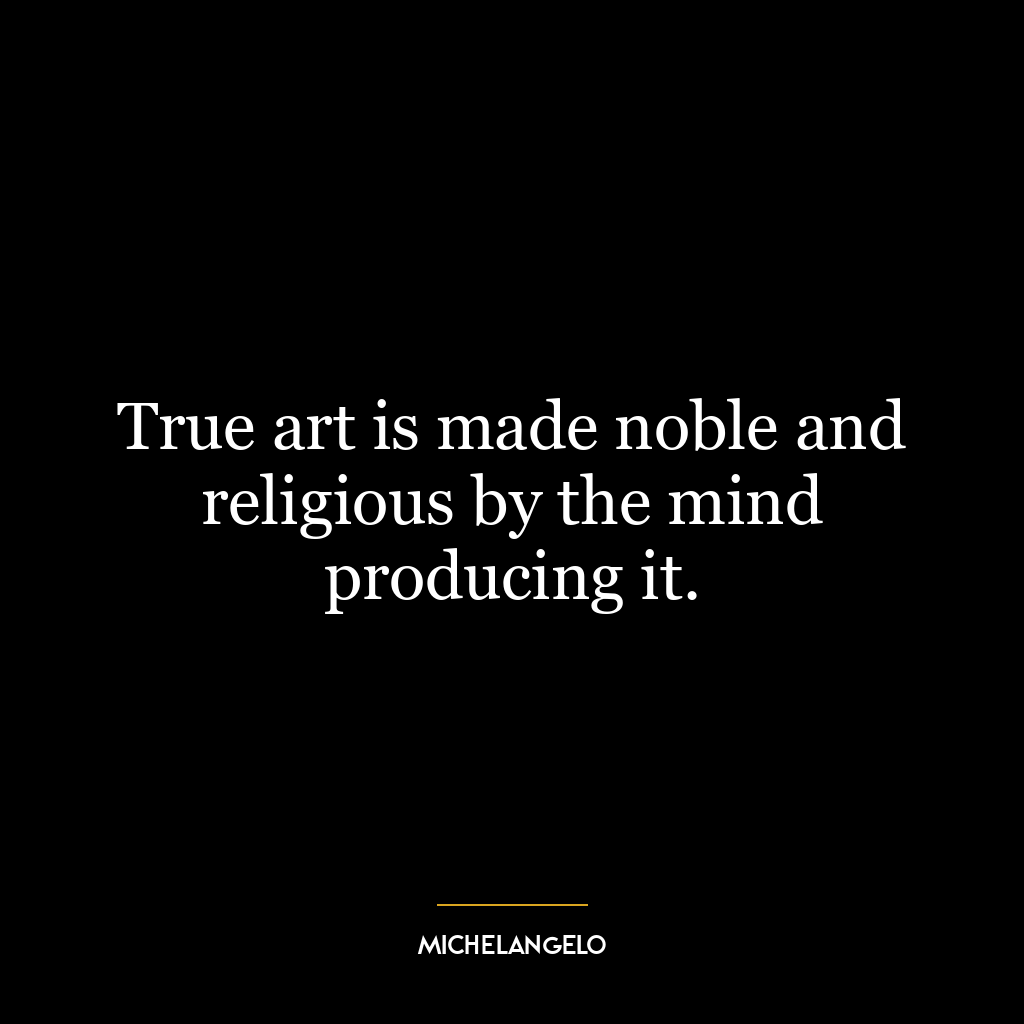Religion is no test of nationality, but a personal matter between man and his God.
This quote by Mahatma Gandhi emphasizes the idea that religion is a deeply personal matter, a relationship between an individual and their concept of a higher power. It suggests that one’s religious beliefs or practices should not be used as a measure or determinant of their nationality or citizenship. In other words, religion and nationality are separate entities, and one’s faith should not be used as a criterion to define their national identity.
The notion that religion is a personal matter suggests that it is a private, internal affair that doesn’t need to be displayed or proven to others. It is about personal beliefs, values, and experiences, which may or may not align with the religious norms or expectations of one’s culture or society. Thus, it is an individual journey, a unique relationship between a person and their God, and it should be respected as such.
Gandhi’s quote also underscores the principle of religious freedom and tolerance. It argues for the separation of religion and state, where the state does not favor or discriminate against any religion, and every individual is free to practice their religion without interference or judgment.
In today’s world, this idea is particularly relevant given the ongoing debates and conflicts around religion and nationality across the globe. It calls for a more inclusive and tolerant society where individuals are not judged or discriminated against based on their religious beliefs. It also highlights the importance of personal freedom and individuality in religious practices.
In terms of personal development, this quote can serve as a reminder to respect and honor our own and others’ religious beliefs and practices. It encourages us to focus on our personal relationship with God (or our concept of a higher power) rather than getting caught up in societal or cultural expectations. It also urges us to separate our personal identity from our religious beliefs, recognizing that our value and worth as individuals is not defined by our religion.








